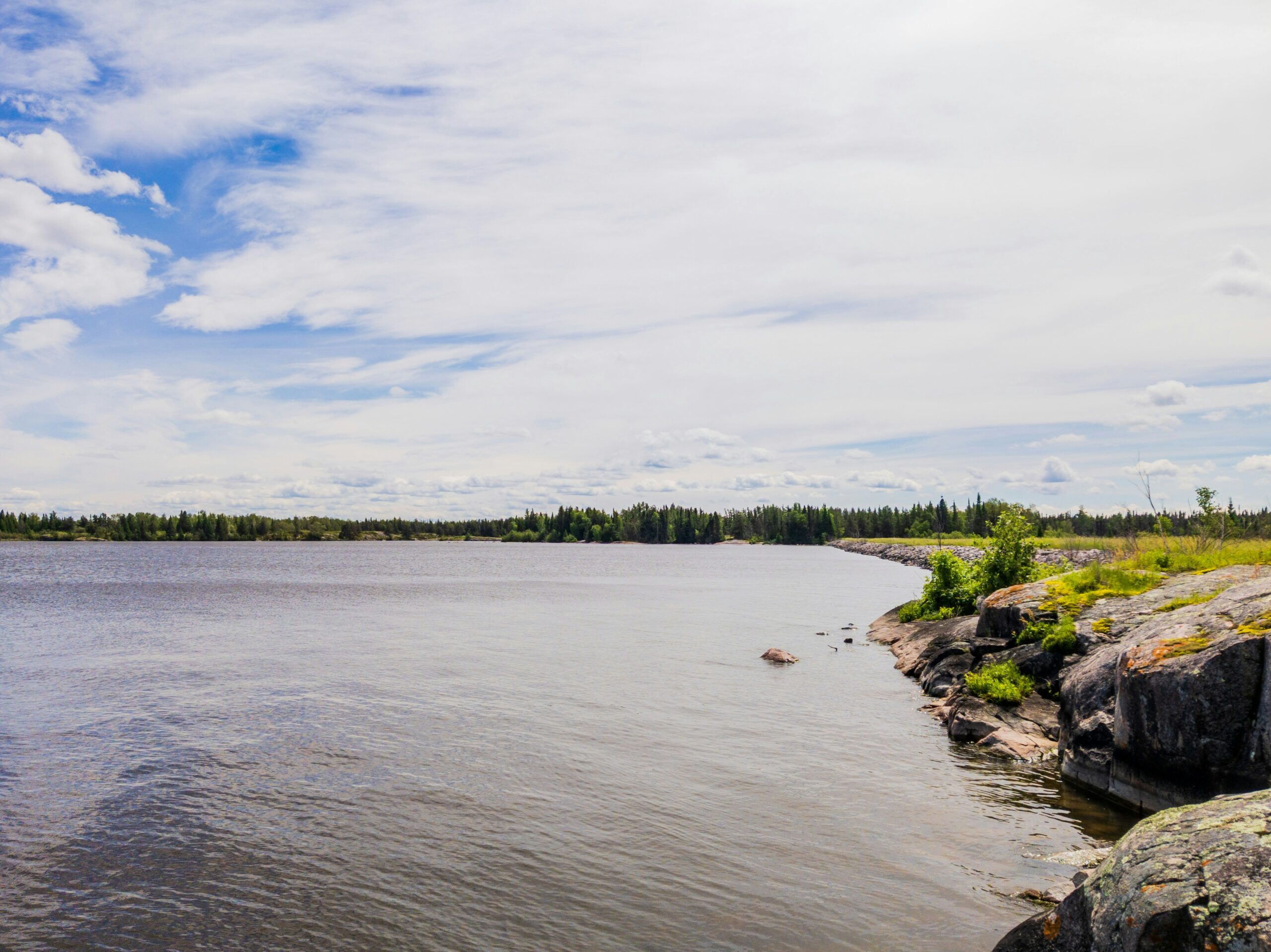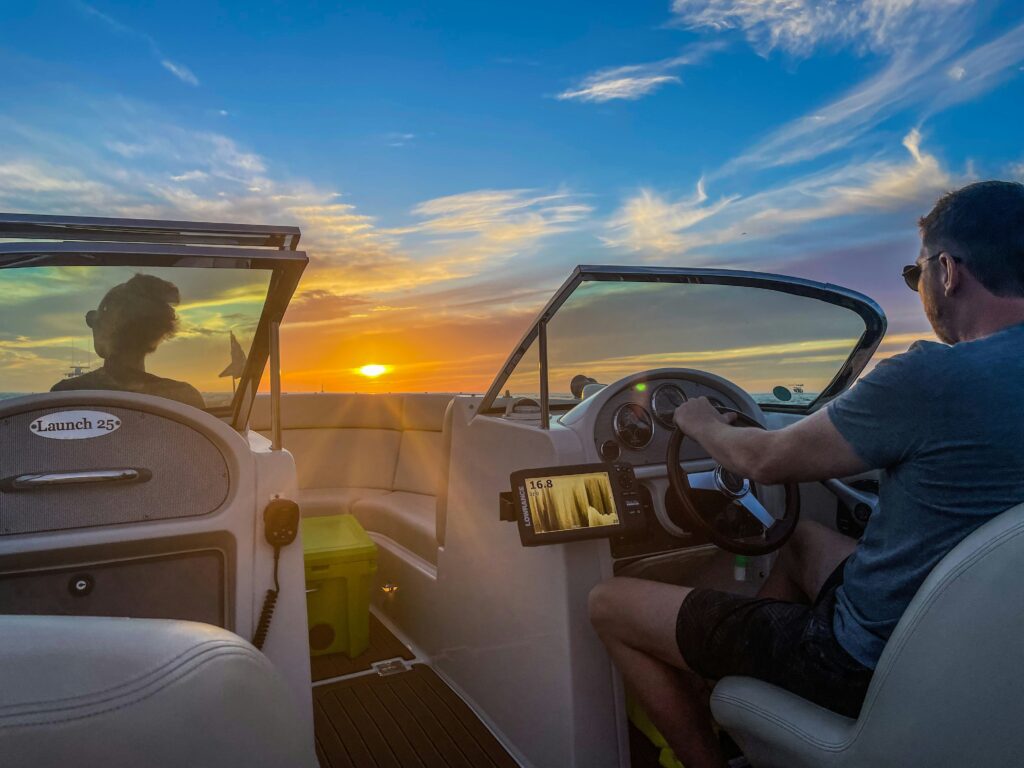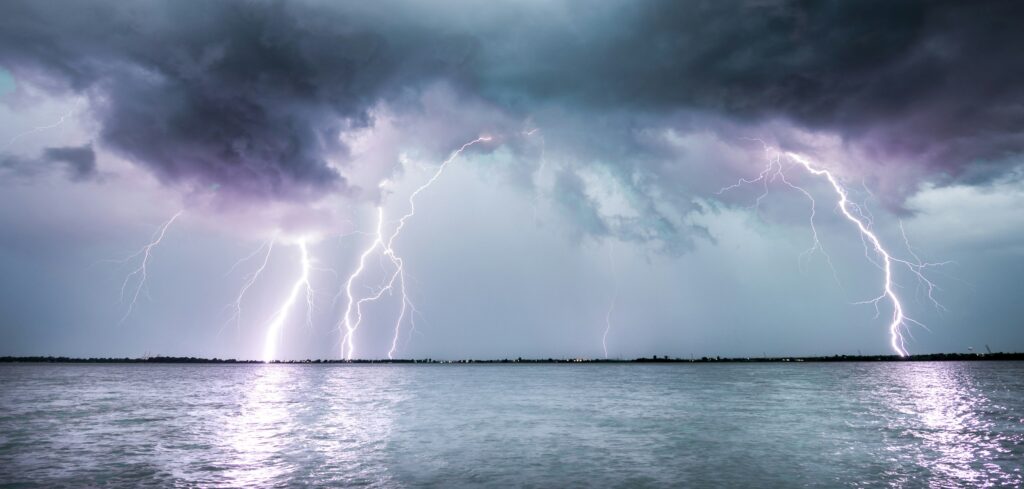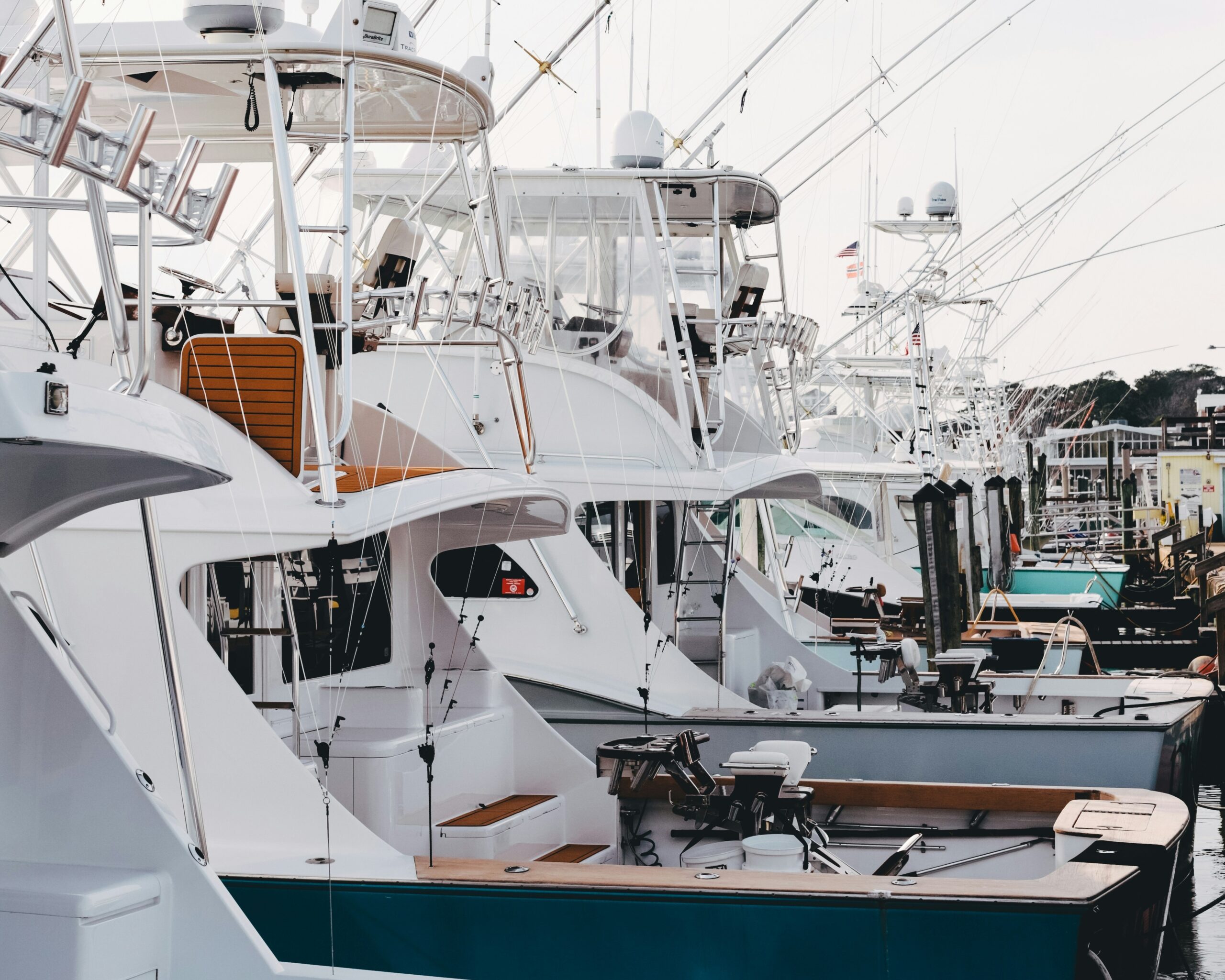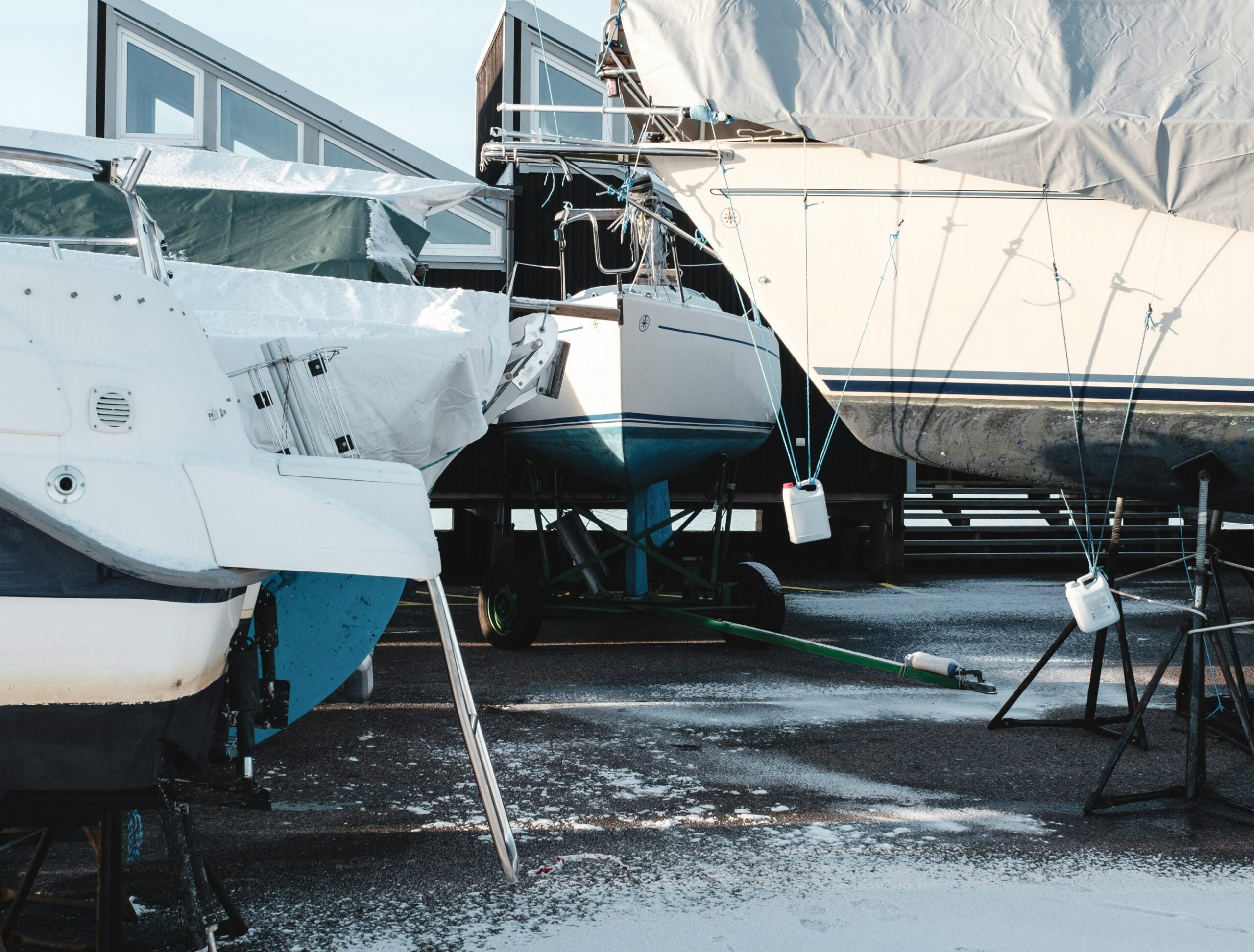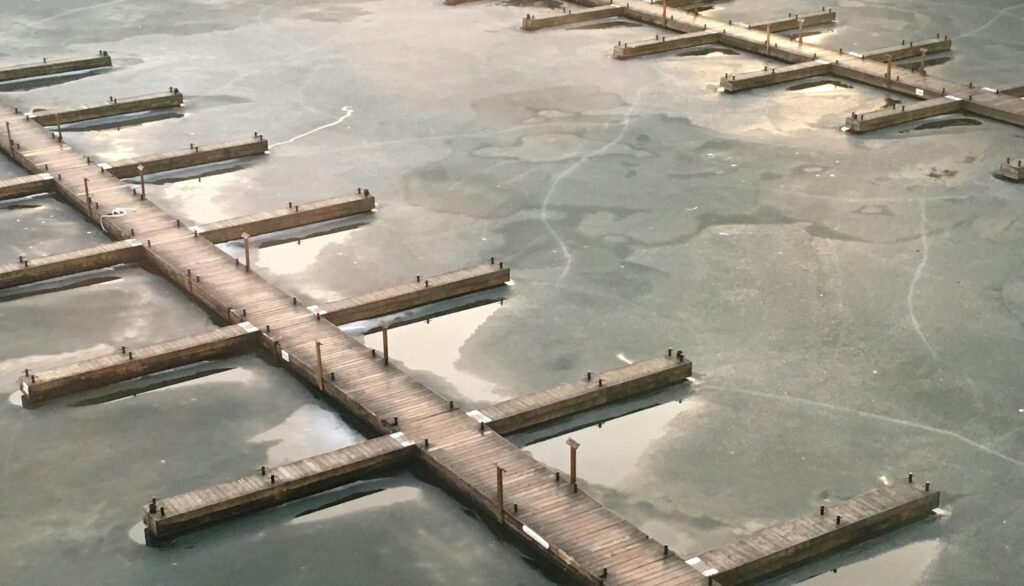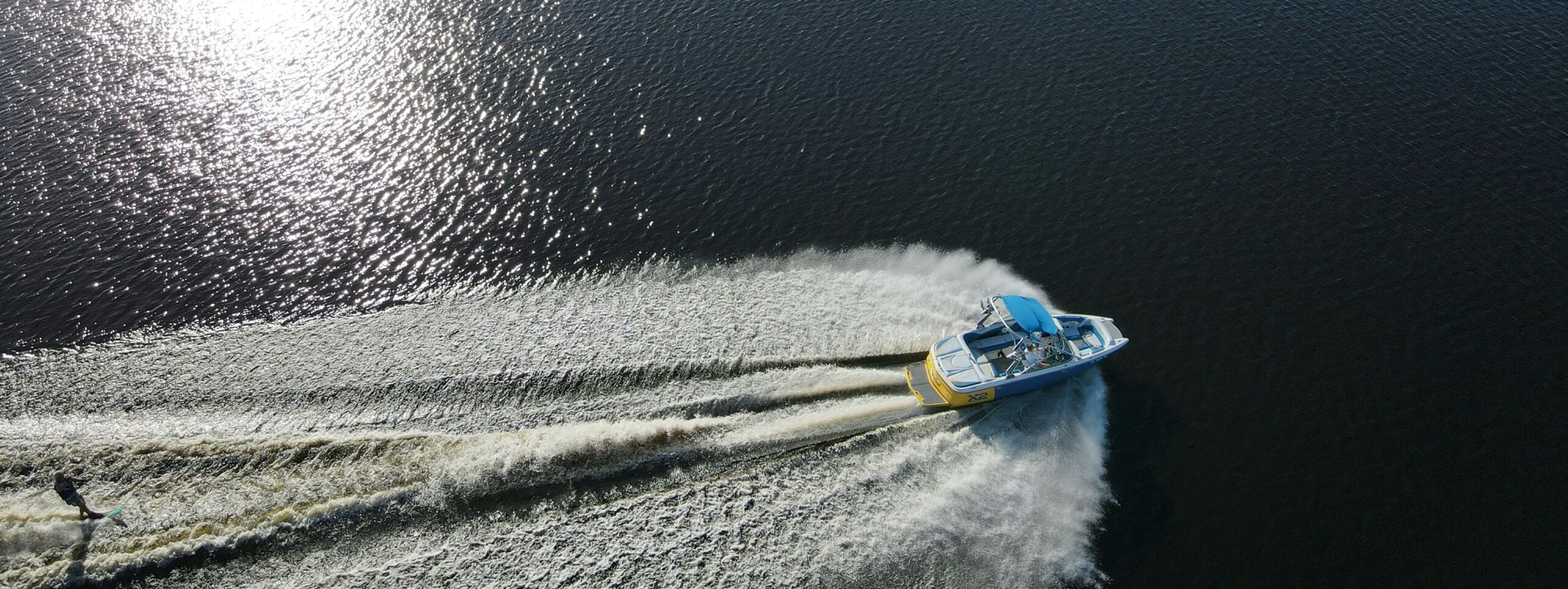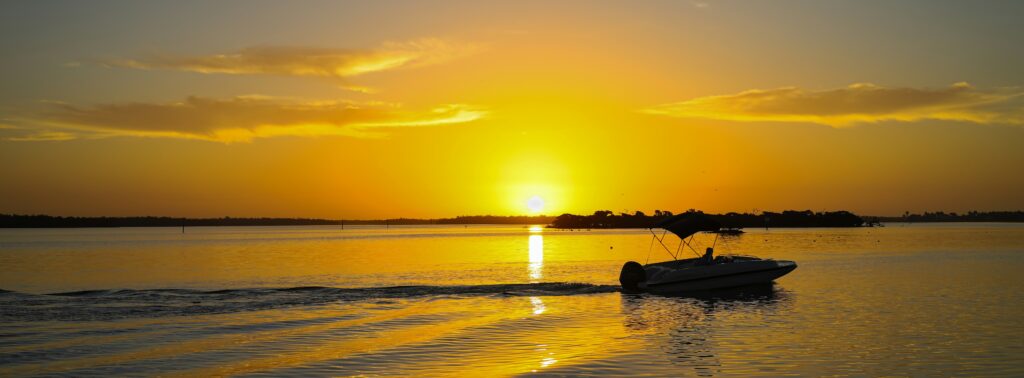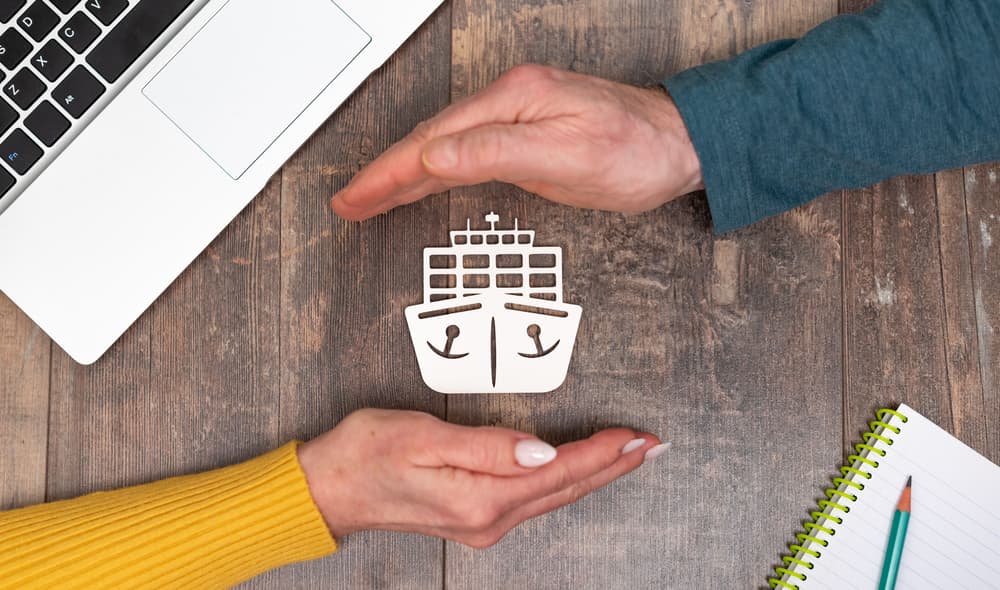When you think of Alberta, the majestic Rocky Mountains, sweeping prairies, and oil sands might come to mind, but not necessarily marine activities. However, Alberta’s numerous lakes, rivers, and reservoirs offer abundant opportunities for recreational boating and fishing. If you’re an Alberta resident who owns a boat or engages in water-based activities, you may wonder if marine insurance is necessary. Let’s dive into why having marine insurance in Alberta is a wise investment and explore several key benefits.
What is Marine Insurance?
Marine insurance provides coverage for boats, yachts, and other watercraft, protecting them against various risks both on and off the water. Whether you’re a weekend angler or a dedicated sailor, this specialized insurance ensures that your vessel—and sometimes even its cargo—are protected from unforeseen events.
Is Boat Insurance Required in Alberta?
In Alberta, boat insurance is not legally required, but it is highly recommended for boat owners. While the law does not mandate coverage, having boat insurance offers valuable protection against accidents, theft, or damage.
Additionally, some marinas and lenders may require boat insurance as a condition for docking or financing.
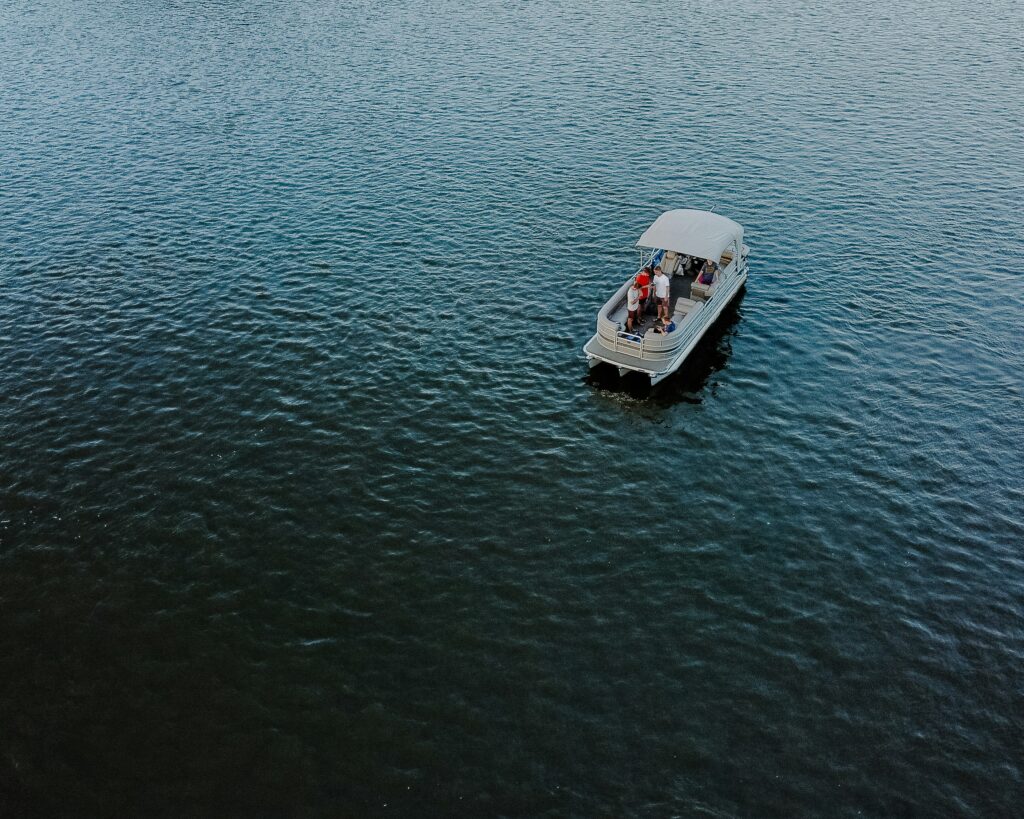
Benefits of Marine Insurance
1. Comprehensive Coverage
One of the most significant advantages of marine insurance is comprehensive coverage. This means protection against a wide range of risks, including damage from accidents, theft, vandalism, and natural disasters. With Alberta’s unpredictable weather, this level of security can provide peace of mind.
2. Liability Protection
Accidents on the water can lead to injuries or damage to other boats and property. Marine insurance typically includes liability coverage, which protects you financially if you are held responsible for such incidents. This is particularly important, as medical and legal costs can quickly escalate.
3. Unforeseen Expenses
Marine insurance can cover costs associated with emergency services, towing, and even repair or replacement of your vessel. For instance, if you are stranded on one of Alberta’s lakes, a comprehensive policy can cover the costs to get you and your boat back to safety.
4. Customizable Policies
Marine insurance policies are highly customizable to fit your specific needs. Whether you have a small fishing boat or a luxury yacht, policies can be tailored to provide the right level of coverage. This flexibility ensures that you only pay for what you need, rather than a one-size-fits-all policy.
5. Peace of Mind
Ultimately, the biggest benefit is peace of mind. Knowing that your investment is protected allows you to fully enjoy your time on the water, free from the worries of potential financial loss.
Why Marine Insurance is Important in Alberta
While Alberta might not have ocean coastlines, the province boasts around 600 lakes and numerous rivers that are perfect for boating activities. Here are several reasons why marine insurance stands out in this inland province:
- Popularity of Recreational Boating: With beautiful water bodies like Lake Louise, Sylvan Lake, and Lake Athabasca, recreational boating is a popular pastime in Alberta. The more boats on the water, the higher the likelihood of accidents or damages, making insurance essential.
- Varying Water Conditions: Alberta’s water bodies can exhibit unpredictable conditions. Sudden storms and changing weather can pose significant risks to even the most experienced boaters. Insurance coverage ensures that you’re prepared for whatever Mother Nature throws your way.
- Regulation Compliance: While marine insurance is not legally required in Alberta, many marinas and docking facilities mandate proof of insurance to use their services. Having marine insurance can ease your access to these locations.
Conclusion
The need for marine insurance remains highly relevant due to the province’s flourishing boating scene. The benefits of having marine insurance extend beyond mere financial protection; they ensure peace of mind, allow for comprehensive and customizable coverage, and safeguard against liabilities.
Investing in marine insurance is a prudent step for any Alberta boater who values their vessel and overall boating experience. If you would like to discuss your marine insurance options reach out to us today!
So next time you set out to explore Alberta’s stunning lakes and rivers, you can relax and enjoy the ride, knowing you’re covered in case the unexpected happens. Safe boating!


